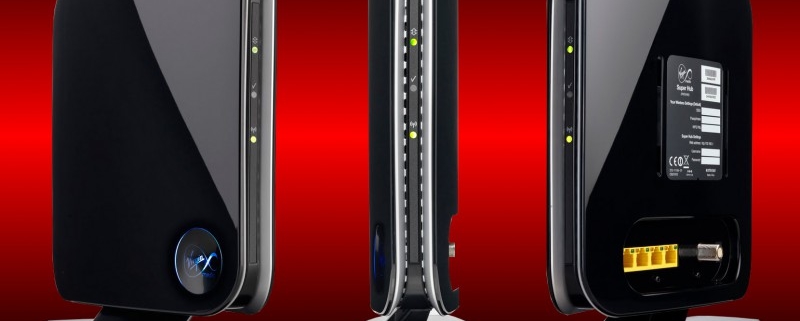Outdated switches targeted by China-linked hacking campaign
The FBI thwarted a hacking group backed by the Chinese government that was targeting hundreds of routers and had been working to compromise U.S. cyber infrastructure, according to FBI Director Christopher Wray.
Wray made the announcement at a House Select Committee hearing. The group, codenamed “Volt Typhoon,” hacked into hundreds of routers primarily used in home offices and SMBs to allow the Chinese government to access their data.
Wray told the committee that the routers were outdated, which made them “easy targets.” The routers together formed an assembly of malware-infected devices, known as a botnet, which the threat group could use for launching an attack against U.S. critical infrastructure, the FBI said in a statement on Jan. 31
The routers were just the starting point. The hackers were using them as a launchpad to target U.S. water treatment plants, the power grid, oil and natural gas pipelines, and transportation systems, according to the FBI.
On Feb. 7, the Cybersecurity And Infrastructure Security Agency (CISA) along with the FBI issued guidance for owners of these routers to secure them. This includes applying patches for internet-facing systems, prioritizing patching critical vulnerabilities in appliances known to be frequently exploited by Volt Typhoon, as well as implementing phishing-resistant multifactor authorization (MFA) and ensuring logging is turned on for application, access, and security logs and store logs in a central system.
CISA and the FBI have not publicly disclosed which models of switches are vulnerable, perhaps to protect them from being targeted by other bad players. We do know that they are made by Cisco, Netgear, and D-Link and that they are older models no longer available for sale. Security firm Lumen Technologies has been tracking Volt Typhoon and identified Netgear ProSAFE firewalls, Cisco RV320s, DrayTek Vigor routers, and Axis IP cameras as the targets.




